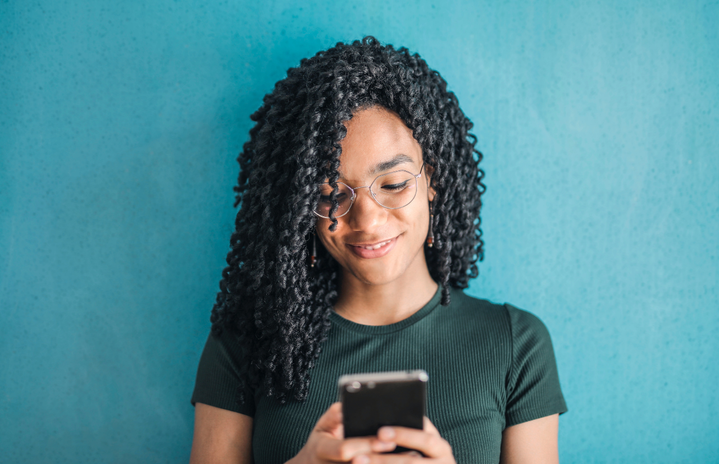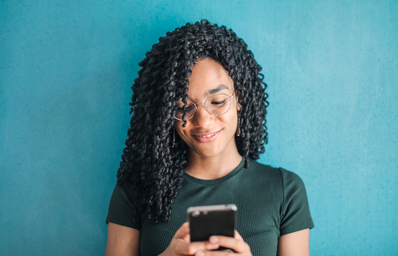Social media is a great way to stay connected with friends, families, and your favorite celebrities. It also allows for the update of the latest trends in fashion, social movements, and geopolitical events. However, it cultivates a culture which focuses on comparison and sees intrinsic value in more money, better material possessions, and the “perfect” body. It is highly addictive and distracts from more important aspects of life such as academics or career, and exacerbates poor attention spans. In today’s day and age, it is difficult to find a good medium for social media usage; removing yourself from the social stage and deleting apps means missing out, risking knowledge of friends and families lives, and depleting social outlets, while staying too involved can lead to excessive usage and poor mental health. How does one find a balance, especially as college kids where oftentimes, the primary mode of communication is through apps like Snapchat or Instagram?
Far too often I find myself falling down social media spirals. Whether it be on Instagram, watching continuous loops of reels, or Snapchat, pausing private stories, too much of my time is taken up by social media. More often than not, the time that is spent mindlessly scrolling should be dedicated to things like homework, time with friends, or reading. Although social media takes up more space in my life than it should, it feels as though in many ways, to be without social media is to lack some form of concrete existence. A mindset of “it didn’t happen if it wasn’t recorded” seems to permeate a large majority of my media interactions; vacations, parties, and even the mundanity of everyday life are subjective to this perspective. FOMO and feelings of loneliness are inherent in this type of social cultivation—it always seems that everyone is having a better time than you. However, it is necessary to remember that social media is a highlight reel of someone’s life—I post what I want so that I can generate a specific online image. There is nothing wrong with this, and many people use social media as a creative outlet to express themselves in ways they feel they are unable to do so in physical life, but it’s important to keep this aspect in mind. Everything you see, especially that of influencers and celebrities, is highly curated. Even your best friend’s Instagram page is created.
Not only does social media often lead to poor mental health and feelings of isolation in this context (not to discredit the communities it can help to generate and the support it often fosters for those of marginalized communities), it heavily distracts. Social media takes advantage of our poor attention span and exacerbates it. I often find myself struggling to sit through an entire movie without checking my phone because of my acclimation to constant streams of content. Poor attention span leads to poorer focus, and ultimately, poorer performance. With the deletion of apps like TikTok and Instagram for a time, I find that my quality of life highly increases. I dedicate myself more fully to tasks, have time for self-care, and often forget the grip these apps hold over me. While I am not advocating for the deletion or disregard of social media, I think that from time to time, the best cure for anxiety or stress can be the removal of these apps.


